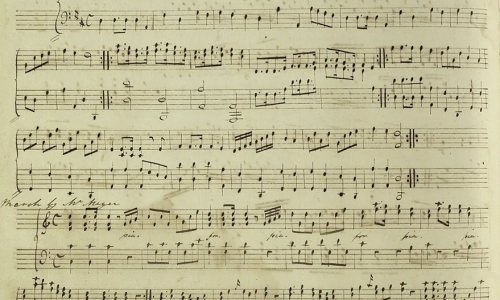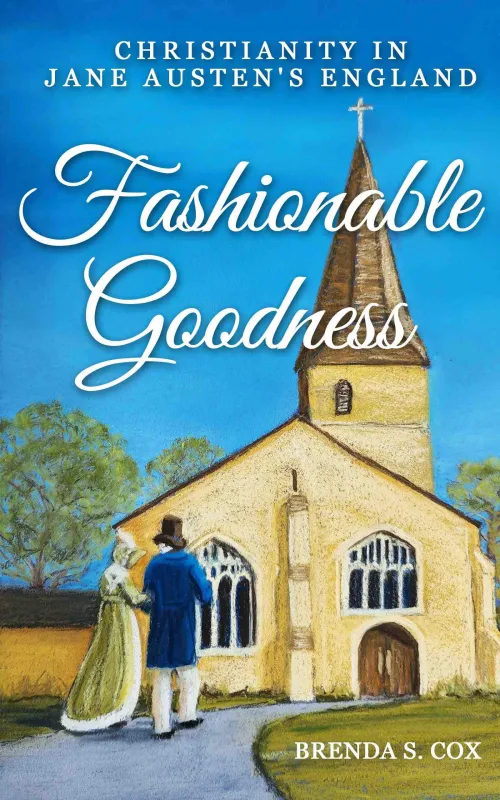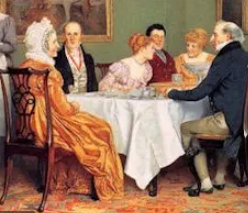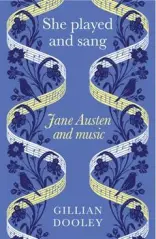 This is the time when new books are published ahead of the spring and summer seasons. One offering from Manchester University Press particularly intrigued me. I also included in this post my responses to two books I recently purchased in preparation for a post about the Grand Tour.
This is the time when new books are published ahead of the spring and summer seasons. One offering from Manchester University Press particularly intrigued me. I also included in this post my responses to two books I recently purchased in preparation for a post about the Grand Tour.
She Played and Sang: Jane Austen and Music by Gillian Dooley
In March, Manchester University Press will offer a book that features an in depth look at Jane Austen’s lifelong connection to music. I have the honor of reading an advance proof and will review the book this March. The press sheet states:
“Until recently, our knowledge of Austen’s musical inclinations was limited to the recollections of relatives who were still in their youth when she passed away. But with the digitisation of music books from her immediate family circle, a treasure trove of evidence has emerged. Delving into these books, alongside letters and other familial records, She played and sang unveils a previously unknown facet of Austen’s world.
[Dooley] not only uncovers the music closely associated with Austen, but also unravels her musical connections with family and friends, revealing the intricate ties between her fiction and the melodies she performed. With these revelations, Austen’s musical legacy comes to life, granting us a deeper understanding of her artistic prowess and the influences that shaped her literary masterpieces. “
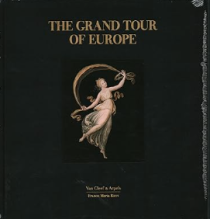 The Grand Tour of Europe
The Grand Tour of Europe
I recently purchased this lavish book, The Grand Tour of Europe, which sits prominently on my coffee table.
“The Grand Tour, a journey through Europe aimed at culture and leisure, was a common practice between the 17th century and the first quarter of the 19th century. This book revisits the stages in an itinerary that left profound traces in European culture.”
Published by Van Cleef & Arpels and edited by Franco Maria Ricci, the information is divided into the following lushly illustrated sections:
Chapter I: Three essays
Fops on Holiday, Nicholas Foulkes
Theatres of Antiquity: Art and Artists During the Grand Tour, Fernando Mazzocca
The Grand Tour of Europe, Attilio Brilli
Chapter II: Myths and Views of Italy
Chapter III: Imagination and the Grand Tour – Sculpture
Chapter IV: Imagination and the Grand Tour – Painting
Chapter V: Travellers and Artists
Note: Chapters II – V include anthologies with reactions from 17th – 19th C. travellers to their experiences.
For a peek inside the book, click on this link: https://www.francomariaricci.com/en/books/grandtour Publisher : Franco Maria Ricci Editore (October 29, 2023), 168 pages, ISBN-13 : 979-1280294180
I wanted to connect this beautiful book to Jane Austen’s life, and found the bridge in the following reproduction of Edward Austen Knight’s memories of his own Grand Tour.
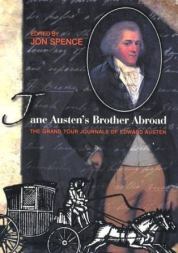 Jane Austen’s Brother Abroad: The Grand Tour Journals of Edward Austen
Jane Austen’s Brother Abroad: The Grand Tour Journals of Edward Austen
I ordered this book, edited by Jon Spence and first published in 2005, from Jane Austen’s Books. Austen herself, while she mentioned Edward Austen Knight in her surviving letters, provided few personal details about this brother and none about his Grand Tour. Before this book’s publication, we knew very little about his personality or his likes and dislikes, except for a letter from his mother, who compared and contrasted his talents with those of his brother James:
“[He] has a most active mind, a clear head, and a sound judgement, he is quite a man of business. That my dear James was not – Classical Knowledge, Literary Taste and the Power of Elegant Composition possessed in the highest degree; to these Mr Knight makes no pretensions. Both equally good, amiable and sweet-tempered.” – From an introduction in the book by Jon Spence.
In his foreword, Richard Knight, a descendant of Edward Austen Knight and a trustee today of the Chawton House Library writes:
“The publication of Edward’s Grand Tour journals provides another, more personal and intimate memorial to Edward himself. In the journals he speaks to us as he was as a young man: wry, amusing, playful, eager, and interested.”
The latter two books help Austen aficionados understand the scope of these “rites of passage” and educational journeys for the males* of the upper classes and those of the bourgeoisie who had the time and means to leave their home countries for lengthy periods, in some instances for years. Edward’s journal was written from the notes he kept during his travels and the result was meant to be read out loud to his family.
*Females also embarked on Grand Tours, but not near the numbers of their male counterparts.
